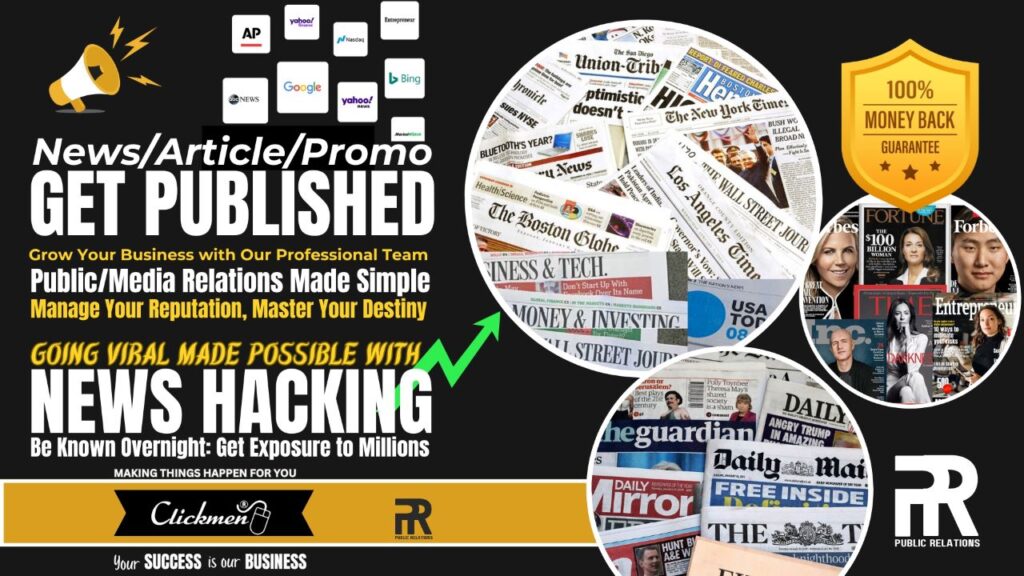Digital Content Marketing: An In-Depth Guide
In the dynamic digital age, content marketing has emerged as a cornerstone of marketing strategies, enabling brands to build meaningful connections with their audiences. This article explores the evolution, principles, benefits, challenges, and best practices of digital content marketing—a discipline pivotal for businesses striving to thrive in an ever-competitive marketplace.
What is Digital Content Marketing?
At its core, content marketing involves creating and distributing valuable, relevant, and consistent content to attract and retain a well-defined audience, ultimately driving profitable customer actions. Unlike traditional advertising, which emphasizes direct product promotion, content marketing focuses on delivering value—be it through education, entertainment, or social connection.
Bill Gates’ 1996 proclamation that “Content is King” resonates today more than ever. With billions consuming digital content daily, marketers must ensure their content addresses the consumer’s “get” and “give” expectations—where benefits received outweigh the time and data sacrificed.
The Evolution of Content Marketing
Content marketing’s roots can be traced back to initiatives like John Deere’s The Furrow magazine (1895), which provided valuable insights to farmers without overtly advertising products. Over the decades, brands like JELL-O and Sears further innovated by offering free recipes and educational radio shows, respectively.
The modern era saw a digital transformation, epitomized by Blendtec’s “Will it Blend?” YouTube series, blending objects for entertainment while showcasing product capabilities. Such campaigns underscore how content marketing adapts to evolving media landscapes and consumer behaviors.
The Value Proposition in Content Marketing
The success of content marketing hinges on value creation:
- Informative Value: Content educates users, providing practical insights (e.g., branded blogs, infographics, tutorials).
- Entertainment Value: Engages users through humor, storytelling, or visually appealing aesthetics.
- Social Value: Builds community by fostering connections with the brand and among users.
- Co-creation Value: Invites user-generated content (UGC), amplifying engagement and authenticity.
However, the perception of value lies in the eyes of the recipient. Brands must deeply understand their target audiences, tailoring content to their interests and preferences.
Benefits of Digital Content Marketing
Effective content marketing offers numerous advantages:
- Enhanced Engagement: Encourages likes, shares, and comments, strengthening consumer relationships and fostering loyalty.
- Increased Credibility: Establishes brands as thought leaders by consistently delivering relevant, high-quality content.
- SEO Optimization: Improves search rankings by aligning content with user queries and generating backlinks.
- Brand Humanization: Showcases brand personality and values, making it relatable and authentic.
- Community Building: Creates a loyal audience of like-minded individuals, increasing brand affinity.
For instance, Renault ZOE’s electric vehicle campaign leveraged educational content to demystify EVs, aligning the brand with sustainability while driving positive engagement.
Challenges in Content Marketing
Despite its advantages, content marketing poses unique challenges:
- Market Saturation: The proliferation of digital content makes standing out difficult.
- Fragmented Media Landscape: Diverse platforms demand content adaptation, increasing resource requirements.
- Consistency and Personalization: Balancing a unified brand voice with personalized content for segmented audiences is complex.
- Continuous Innovation: Keeping content fresh and engaging demands sustained creativity.
Best Practices for Successful Content Marketing
To overcome these challenges, brands must adopt strategic approaches:
- Content Planning and Measurement: Define clear objectives, align content with audience needs, and track performance using KPIs.
- Hero, Hub, and Hygiene Content: Balance flagship (hero), ongoing (hub), and evergreen (hygiene) content to maintain audience engagement.
- Integrated Channels: Ensure consistency across platforms, leveraging each channel’s unique strengths.
- User-Generated Content (UGC): Encourage authentic consumer contributions to amplify reach and trust.
- Influencer Partnerships: Collaborate with influencers who align with the brand’s values to boost credibility and reach.
Ethical Considerations in Content Marketing
The “dark side” of content marketing highlights the ethical responsibility of brands. Issues like data privacy, misinformation, and exploitative labor practices must be addressed transparently. Ethical content marketing fosters trust, ensuring long-term brand integrity.
In short, digital content marketing is a powerful tool that blends creativity, strategy, and technology to deliver value to consumers while driving business growth. By understanding its principles, benefits, and challenges, marketers can craft campaigns that resonate with audiences, foster loyalty, and achieve tangible results. As the digital landscape evolves, the mantra remains clear: prioritize value, relevance, and authenticity to keep your content—and brand—at the forefront.




